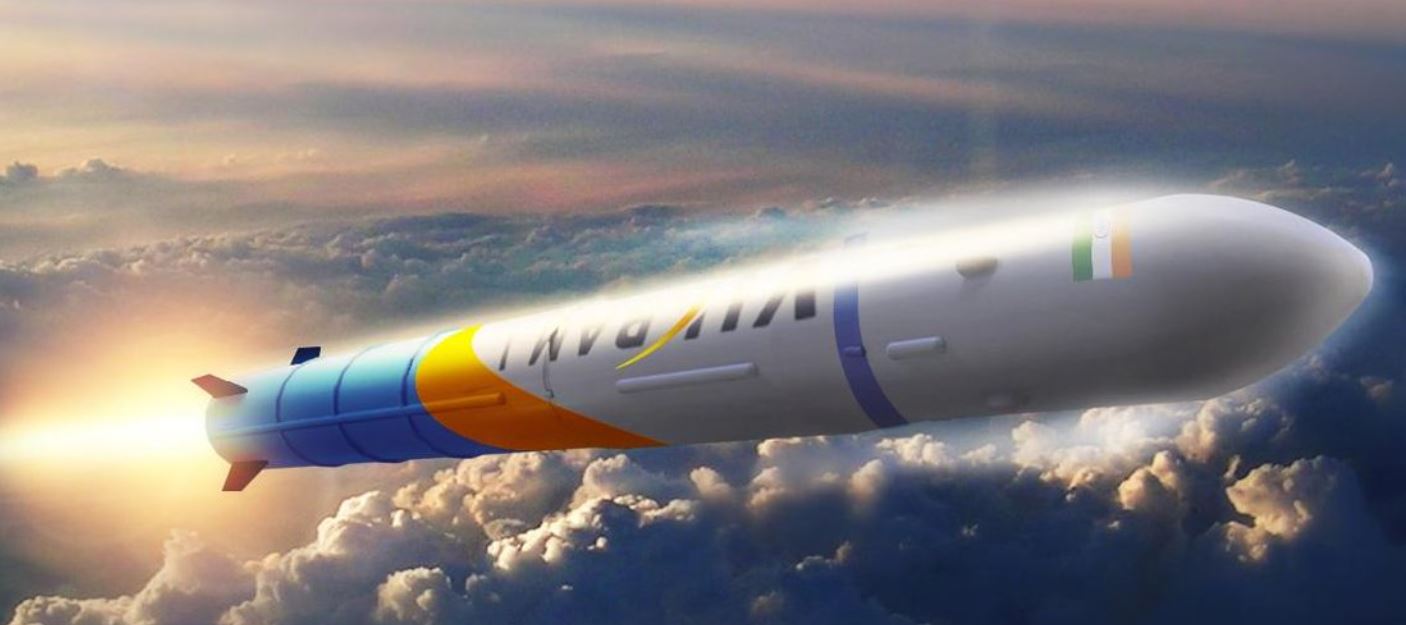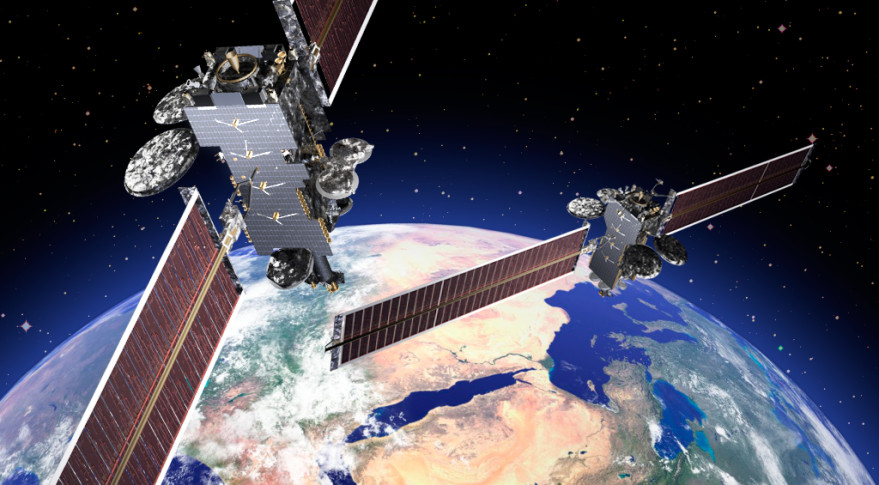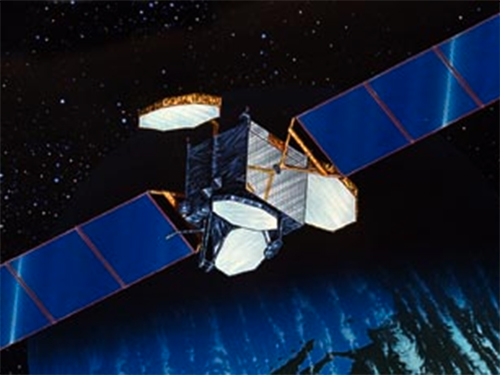Satellite Slots In Space
SINGAPORE — Satellite feet operator ABS says it has more orbital slots than it can use and is willing to sell the extras to other satellite operators.
A draft plan for the allocation of rights to use satellite orbital slots has come under fire for several loopholes that some potential bidders said make them reluctant to join the bids.
“We have 15 unpopulated slots that we are looking for partners with,” Jim Simpson, ABS’s CEO, said June 25 at the CASBAA Satellite Industry Forum here.
Not every orbital slot is of the same value. Simpson said some are only a year or two away from expiring, per International Telecommunication Union rules. That limited time means preserving such a slot would likely require using an existing satellite as a placeholder until a new satellite could be built and launched.
- NOT SATISFIED with grabbing land, sea and air space from its neighbors, China has also taken over a satellite communication slot of the Philippines in outer space.
- Orbital Slot: C-band Satellite: Ku-band Satellite: 139° AMC-8 C-band: 137° AMC-7 C-band: 135° AMC-10 C-band: 133° Galaxy 15 C-band: 131° AMC-11 C-band.
Satellite Slots In Space Launch
The usefulness of each slot also depends on its position above the Earth and the associated spectrum rights.
Bermuda-based ABS, which operates six satellites, accumulated its surplus orbital slots through a variety of sources, one being the Moscow-based consortium Intersputnik. In 2014, Intersputnik undertook a similar effort to give purpose to unused orbital slots.
Who Has Satellites In Space
“Unfortunately we don’t have infinity money, so we can’t just populate every different slot,” Simpson said.
ABS is willing to provide orbital slots to “nontraditional” owners such as tech giants or satellite manufacturers, Simpson said. As a former Boeing satellite executive, Simpson said such arrangements would have been unprecedented from a manufacturer’s perspective.
“When I was on the manufacturing side, the greedy satellite owner-operators would never give up any of their potential revenue streams to a manufacturer, but things change,” he said. “This is an area where, yes, you may be giving up some of your upside, but you are creating additional space in the market.”
One satellite operator, APT Satellite of Hong Kong, signalled interest in obtaining new orbital slots.
“We are also actively looking at achievable or usable orbital slots,” Huang Baozhong, executive vice president at APT Satellite, said during a panel discussion that included ABS and other operators. “Those are hard to acquire. We have fully utilized our available orbital slots, so if there are opportunities I think we are very keen to explore those.”
APT Satellite has ambitions to field a global system of geostationary high-throughput satellites, but lacks the orbital slots to fulfill that vision, Baozhong said.
“We launch Apstar-6D next year, and it will cover one third of the globe starting from Asia, and we are still actively looking for partners or suitable orbital slots to further extend to other parts of the world,” he said.

Apstar-6D is a Ku-band high-throughput satellite from China Great Wall Industry Corp., and is slated to launch on a Chinese Long March 3B rocket.
Please enable JavaScript to view the comments powered by Disqus.
Ministerial Statement by the Deputy Premier and Minister of Transport and Regulatory Affairs the Hon. Walter H. Roban JP MP
Mr Speaker and Honourable Members, I recently participated in a series of meetings in Washington DC which focused on the space industry and space-oriented businesses, and explored the opportunities that exist for Bermuda to increase its involvement in this global industry.
Mr Speaker, the satellite industry is thriving. It continues to grow and evolve, generating more than two hundred and sixty billion dollars ($260,000,000,000) in revenue in 2016. This is spread between satellite manufacturing, the launch sector, satellite services such as telecommunications and earth observation, and ground equipment. Bermuda’s role in this industry is small at present but, in line with the Government’s commitment to diversify our economy and seek out new opportunities, these meetings afforded us a chance to renew our relationships with existing partners and introduce ourselves to prospective new associates.
Space Satellites For Sale
In terms of Bermuda’s current activities in the space arena, Members are reminded that the Government negotiated the extension of the UK’s Outer Space Act to Bermuda some years ago. This enables us to grant licences to Bermuda companies to conduct activities in outer space, thereby establishing Bermuda as a filing administration for satellite operators. This is an ongoing service Bermuda provides.
In parallel, our robust insurance sector is developing products specifically tailored to satellite operators and other providers of space services.
More particularly, though, we worked hard to ensure that Bermuda’s 96.2 degrees West Longitude orbital slot was put to use. Currently, Bermuda’s first and only live satellite network, BermudaSat-1, operates from that slot as a joint venture between SES and EchoStar. Their company, Satellite Ventures (Bermuda) Limited (SVBL), has a fifteen (15) year Orbital Resource Use Agreement with the Government.
Additionally, Bermuda’s geographical location means that our partnership with the National Aeronautics and Space Administration (NASA), in which we host tracking stations, continues. This is a relationship that dates back to the days of the Mercury programme and, more recently, was endorsed by an agreement signed in 2012 between the Government and NASA’s Wallops Flight Facility in Virginia. The agreement provides for NASA’s mobile tracking station to be located at Cooper’s Island where it provides tracking, telemetry, meteorological, optical and command and control services to space flight vehicles.
Mr Speaker, against that background of current space business and activities, and with our industry consultants, Access Partnership, over the course of 4 and 5 December 2017, we met with GEOshare, SES and EchoStar, the Federal Communications Commission (FCC), the Satellite Industry Association, OneWeb, Space Partnership International, Asia Broadcast Satellite and NASA.
Meetings with SVBL partners, SES and EchoStar, and, also, with NASA, enabled us to reaffirm Bermuda’s appreciation for and ongoing commitment to these relationships.
With SES and EchoStar we stressed that the monetization of BermudaSat-1 is a priority for our Government.
Satellite Slots In Space Invaders


We can report that our partners have indicated they are taking proactive steps to commercialize the network. EchoStar informed us they plan to de-orbit EchoStar-6, the aging satellite currently in our orbital slot, in the first quarter of next year, and potentially replace it with a different satellite that is better able to serve future customers and generate revenue. SES stated they are engaging in discussions with commercial partners in the aeronautical and maritime markets, where consumer demand for satellite services is projected to be high. This means not only that BermudaSat-1 could provide service to markets with high revenue potential but, also, that the FCC moratorium on Direct Broadcast Satellite applications is no longer a serious impediment to the network’s commercialization.
We came away from the meeting with SES and EchoStar encouraged about the future of Bermuda’s satellite network but mindful of the need for further progress. Given the work underway to potentially refresh the space asset in our orbital slot and identify prospective commercial partners in high growth markets, we remain optimistic in the plans to monetize BermudaSat-1. Going forward, the Government will continue to drive SES and EchoStar hard to do more with our asset and return more of our investment of time and effort.
Mr Speaker, our meeting with NASA was reassuring also. With the existing agreement recently extended, the shared benefits associated with the mobile tracking station at Cooper’s Island will carry on. NASA benefits from being able to offer the full complement of range assets for expendable launch vehicle operations and Bermuda has access to data collected at the station to track shoreline erosion. Additionally, NASA welcomes schools’ engagement with range personnel as part of an educational programme designed to increase awareness of the environment and reinforce STEM in the classroom.
On the education front, there are further possibilities for Bermuda to explore with NASA such as its International Internship programme, NASA I2, where students compete to work alongside researchers on NASA-related projects. This is a unique chance to engage in ‘real world’ space study at one of NASA’s nine (9) field centres or the Jet Propulsion Lab. It is targeted at university level students who are not US citizens. I intend to ensure Bermuda becomes a participating country so that our students can take advantage of the programme.
Satellite Slots In Space Shuttle
Mr Speaker, taking the two days of meetings as a whole, I was able to identify strands in the space industry business where Bermuda could consider becoming more involved.
There are new trends and space activities being explored now that require some regulatory framework. We discussed the deployment of new technologies such as the launch and operation of small satellites, high altitude platform stations and non-geostationary orbit satellites. We debated, also, new business applications such as on-orbit satellite servicing, special purpose entities, condominium-style satellites (“condo-sats”), broadband connectivity expansion and earth observation advanced analytics. That discourse revealed a business option for Bermuda whereby we contemplate developing and marketing a one-stop shop regulatory package.
Bermuda is already a hub of international business, and the potential synergy with our vibrant property and casualty insurance sector presents further exciting possibilities for the island.
Mr Speaker, one thing is clear: the space industry and space-oriented businesses are evolving rapidly. Being at the forefront of this industry requires both agility and tenacity. With this in mind, the Government will consider creating a working group of satellite operators with Bermuda interests for the purpose of identifying policy issues of mutual concern and developing unified positions. The Government would consult with the group on these issues and advocate on their behalf in various policy venues, most particularly through the UK to the International Telecommunication Union. This would be a group that is consulted on any new space regulatory package.

Further, it may be wise to think about attending a key industry conference such as that of the Inter-American Telecommunication Commission or the Space Foundation to broaden our knowledge base. Alternatively, the FCC brought to our attention the US Technical Training Institute, which offers courses on regulatory best practice that range from one hour one-on-ones to two week intensives. I must acknowledge it will be key to build our internal capacity to achieve our space industry aspirations and goals.On a final positive note, Mr Speaker, I would draw Members’ attention to Space Partnership International which, I am delighted to announce, is the newest space business to select Bermuda as a filing administration. It was a delight to meet with, and learn more about, this new Bermuda partner and the work that it does in packaging space projects.
Space Satellite Viewing
Mr Speaker, going forward, we aim to deepen our existing relationships with space-oriented organisations and develop new partnerships. The space industry presents real economic opportunities for forward-thinking, business-friendly jurisdictions. As such, we should strive to become one of the most enabling economic jurisdictions for space-oriented businesses in the world. This series of meetings demonstrated that our efforts can provide immediate and long-term benefits to Bermuda businesses, and we will build on our current efforts going forward.
Thank you, Mr Speaker.